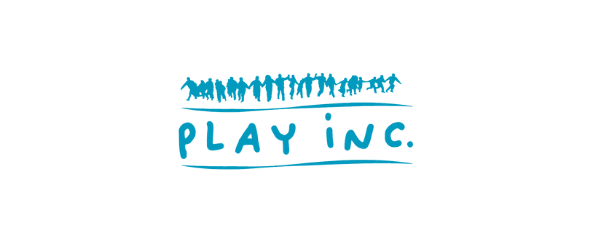HLA
UCEC – SPORTS REFEREE
- Brief description
- Context and needs
- Activities and rules
- Location, environment and equipment
- Method
- Side Activities
- Target
- Impact
The activity is based on training, the creation of a sense of belonging and the creation of social bonds of friendship and companionship.
Being able to act as an arbitrator is an important purpose for a person with a disability. For this reason, this activity offers sports training so that, once the knowledge has been learned, athletes can act as referees. The purpose is for athletes to learn in pairs the rules of each sport and lead a match between the two.
Currently, people with disabilities have many problems accessing jobs. Training them in sports referees can, in addition to playing sports, can offer them an economic activity.
This activity aims to cover the training of people with disabilities, improve and promote values and roles that promote inclusion.
We want to offer a space for training and practice for people with disabilities. The objective is that together with colleagues without disabilities they learn to referee any sport. It is important to note that it is developed in pairs (as if it were a tutor and an apprentice). The two together will learn and then put it into practice in a real match.
The activities are:
- CLASSROOM TRAINING:
Classroom training is carried out in groups of 10 people. Each non-disabled participant shares the training with a partner with a disability. The speakers will attend to the needs of each athlete.
RULES: Training activities must be carried out.
- PRACTICES AT STAKE
After the training, the pairs of referees will carry out real practices in an official match.
The activity is designed so that at the end of the training and practices of referee. Sports allow a couple (one disabled and one non-disabled) or a referee with a disability to referee a match of any sport.
Phase 1: Training
The training should be developed in a classroom where there is a capacity of 10 people. Use a presentation based on many examples and that allows all attendees to understand the information. The training time is usually several weeks.
Phase2: Practice
Once all the knowledge of the sport has been learned. The athletes will travel to be able to act as referee of a real match. The ultimate goal is for inclusion to allow two referees to share the work in matches.
The parties where to do the practices must be
Currently, nothing like this has been raised. But it is very curious that the matches where teams with people with disabilities play are often refereed between them.
To be able to properly train and develop the training and practice activity. Young people with disabilities and young people without disabilities will meet in the same room. With this first idea, it is in hand to develop a methodology designed to make the training accessible to all participants. Being able to develop this method will help all participants receive the same training and have the same opportunities to referee the little ones.
The training will be simple, practical and very didactic for the understanding of all. Controlling that everyone learns the basics of the sport. The sessions will be 1 or 2 hours so that they do not lose concentration and in 5 or 6 sessions.
Example: Sports images will be used to make it easier to understand the concepts.
Example: Test matches will be held outside the classroom to control learning.
After the training the athletes (controlled by the coaches) will be able to put into practice the knowledge (they will practice in pairs) in a real match.
Secondary activities allow players to unite and create bonds beyond sport. In this activity there is only the proposal of a secondary activity.
- Being a referee requires being healthy.
Couples should practice sports after academic training. They will be controlled by monitors and coaches.
RULES: They must practice sports once a week.
- Previous meetings.
When the two coaches have a match they must meet before the sports meeting to talk and organize. All this will be controlled by the coaches and monitors.
RULES: Punctuality and responsibility to all couples.
The activity is aimed at athletes of 13 years so that they can referee the youngest. It is important that they can perform the action of refereeing exactly like their peers.
Arbitration is carried out in nursery schools in order to show equality and inclusion to the little ones.
.
This activity has a direct impact on people with disabilities. It’s a big step that brings them much closer to inclusion. Unlike previous activities, this one offers training and practice. The knowledge learned and practice as a referee will give them self-esteem and personal growth beyond sport.
At a social level, the added value of this activity allows people with disabilities to find themselves in an inclusive and different environment for them. In addition, for families it is a very important step.
PlayInc Key Aspects
Unlike theother activities, this one fulfills some different functions. In relation to the playinc aspects, it allows the training of young people in a sport, responsibility and personal growth of the players.
It also includes aspects that do not directly comply with the rules of playinc. For this reason, it has been selected in fourth position.
Contact the organisation
Contact

Name: Unio De Consells Esportius De Catalunya (UCEC)
Website: www.ucec.cat
Facebook: Consells Esportius de Catalunya
Youtube: Consells Esportius de Catalunya
Twitter: Consells Esportius
E-Mail: international@ucec.cat
